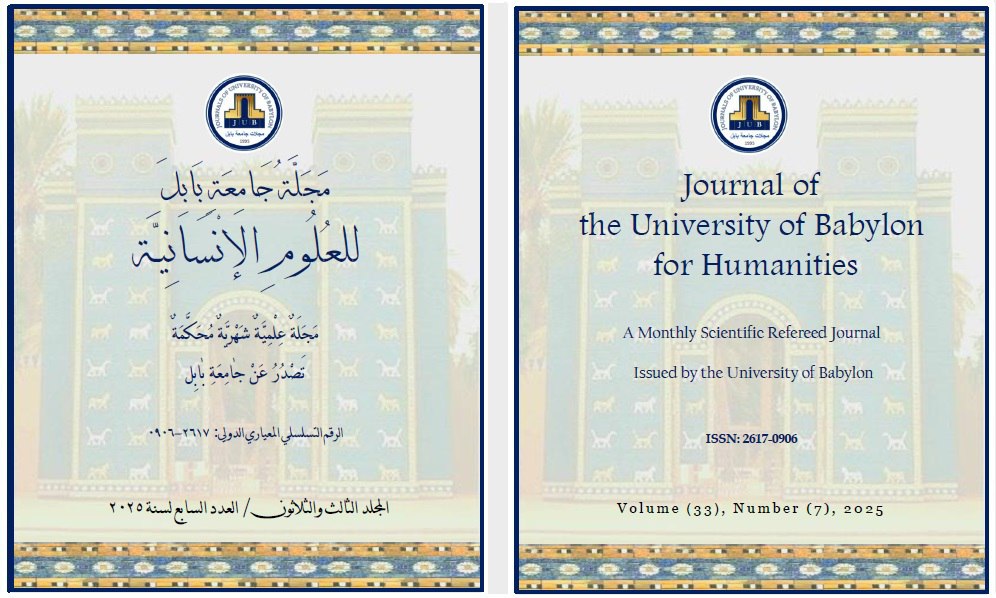The Effectiveness of 4MAT Model in Understanding Literary Texts and Developing Meditative Thinking Skills among Fifth-grade Literary Students
Main Article Content
Abstract
This paper aims to identify the effectiveness of the 4MAT model in acquiring literary texts and developing meditative thinking skills among fifth-grade literary students. The researcher followed the experimental method and selected a sample of fifth-grade literary students in one of the schools of Baghdad Education Directorate/ Third Rusafa to implement the experiment. The sample consists of (62) students representing two groups: the first is the experimental group with (30) students and the second is the control group with (32) students. The researcher has equated the two paper groups in the variables of age, parents' academic achievement, previous year's grades, and the pre-reasoning test. The researcher identified the scientific material that included topics from the Arabic language textbook scheduled to be taught to fifth-grade literary students. He also formulated behavioral objectives for the topics, the final number of which reached (79). The researcher prepared model teaching plans for each of the topics specified for the experiment. In order to measure achievement and reflective thinking among students in the two groups, the researcher prepared two tests: the first was an achievement test in literary texts and the other was a test of reflective thinking skills. After verifying its validity, reliability, and psychometric properties, the tool was applied and the results were statistically analyzed. The researcher concluded that the 4MAT model had a positive impact on the achievement of literary texts and reflective thinking skills of students in the experimental group compared to the traditional method. The researcher recommended adopting the 4MAT model in teaching the remaining curriculum items to fifth-grade literary students
Article Details
Issue
Section

This work is licensed under a Creative Commons Attribution 4.0 International License.

